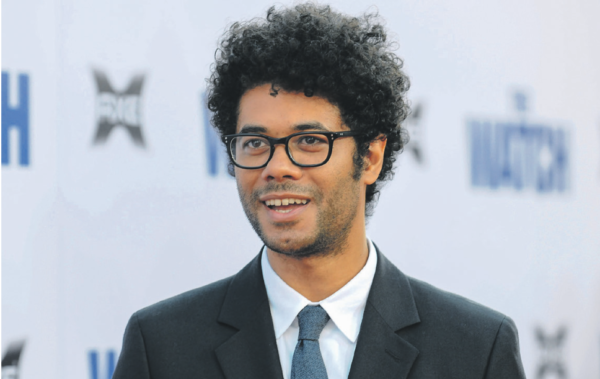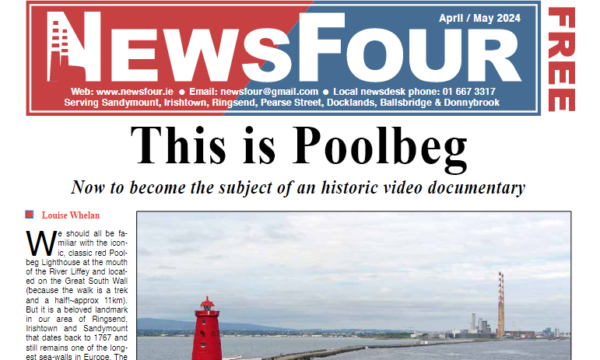
Richard Ayoade, courtesy NME
David Prendeville
Dublin 4-based company Element Pictures’ oeuvre continues to go from strength to strength. Their recent collaboration with BBC Films and the BFI on Joanna Hogg’s sumptuous drama The Souvenir Part 2, might be their finest work to date. The film is Hogg’s follow-up to her 2019 masterpiece The Souvenir. It won the title of Best Film of the Year from the hugely prestigious, iconic film magazine/journal Sight and Sound for 2021, despite only being released in cinemas here recently. It will be arriving on VOD and Blu-Ray in the coming weeks.
The first film followed the doomed romance between a film student Julie (Honor Swinton Byrne) and the older, mysterious Anthony (Tom Burke) in 1980s England. The second finds Julie trying to make sense of this tumultuous, ultimately tragic relationship through the art of film. The first film drew upon real incidents in Joanna Hogg’s life, while the second works as a deconstruction as to why she made the first film. While the film plays some metatextual games, ultimately this is a very sincere film about the therapeutic power of art, the nature of cinematic reality versus an ‘objective reality’, and also the relationship between memory and cinema. The two films taken together is one of the monumental achievements in modern cinema.
While the sequel is probably a more hopeful film than the original, it still retains a profoundly haunting quality; a sense that what we are watching are memories played out, of something no longer quite tangible.The film evokes the feeling of a subjective reality and has profound things to say about the thorny relationship between cinema and notions of ‘realism’. Punctuated by a wonderful soundtrack that features Annie Lennox, The Jesus and Mary Chain and a superb original song by Anna Calvi, Hogg does an immaculate job of capturing the era of the late 80s. As well as those sounds though, this is a film that is filled with echoes, the echoes of a past one can’t quite shake, for good or for bad. The film was shot by David Raedeker on a variety of different formats – much of it on film, which adds not only to evocation of the time period but also to the feeling of finiteness, of fragility in the images put before us.
The film is once again superbly acted by Honor Swinton Byrne and her real-life mother Tilda Swinton, also playing mother and daughter here. While the brilliant Tom Burke is missing this time around, there is excellent support from Ariane Labed, Harris Dickinson, Joe Alwyn and, most notably, Richard Ayoade. Ayoade reprises his role of a conceited film director from the first but whereas he had one scene in the first film, his role is greatly expanded here and he stealsmuch of the scenes he is in.
This is vital film-making, utterly singular, cerebral, moving and captivating. An absolute must-see for film fans.



